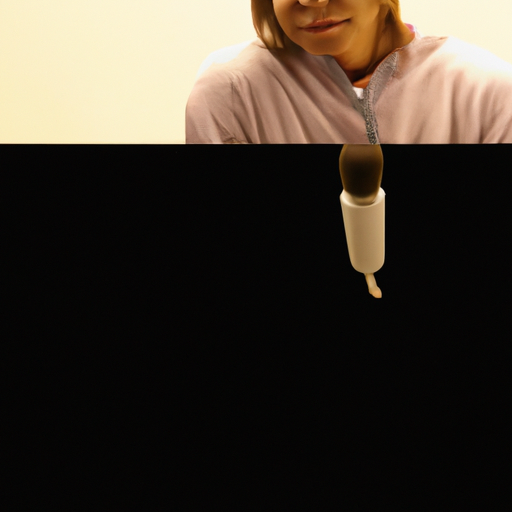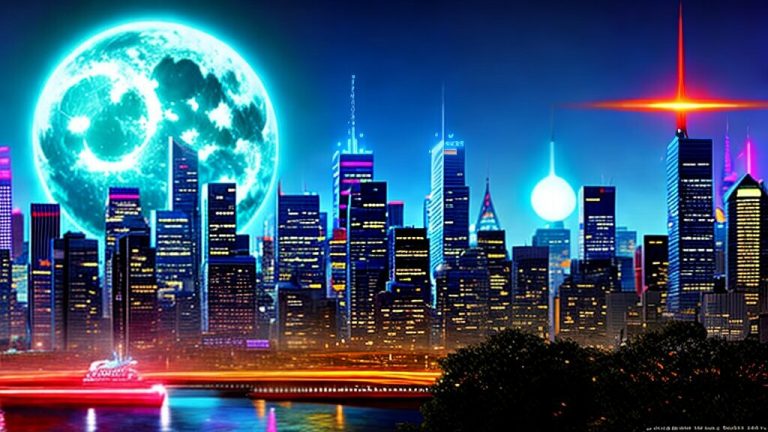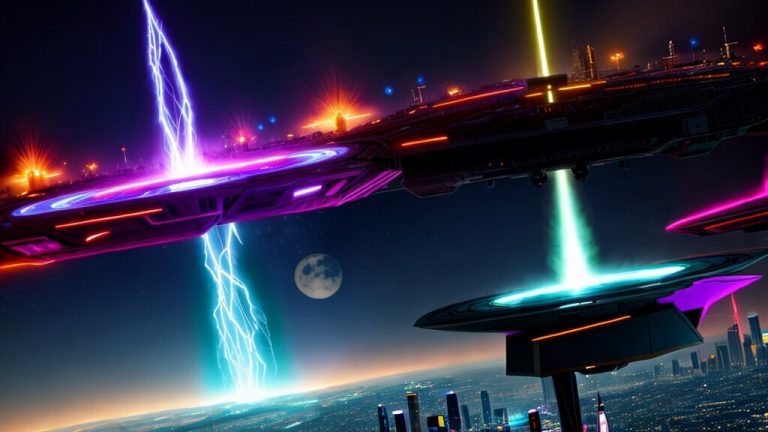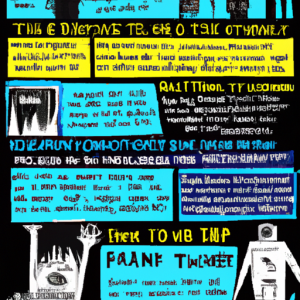In the world of cinema, certain lines of dialogue have the power to linger in our minds long after the credits roll. Captivating, memorable, and thought-provoking, these quotes can become iconic moments that define a movie. With the “Irreversible Movie Quotes” collection, film enthusiasts can now own a piece of cinematic magic. Featuring an array of unforgettable phrases from beloved movies, this product allows fans to relive those powerful moments and inject a touch of movie magic into their everyday lives. Whether you’re a cinephile or simply appreciate the power of words, the “Irreversible Movie Quotes” is a must-have addition to any collection.
Love and Loss
Betrayal and Regret
In Gaspar Noé’s critically acclaimed film “Irreversible,” the themes of love and loss are explored with raw intensity. The story revolves around three central characters: Marcus, Pierre, and Alex. Marcus, played by Vincent Cassel, is a passionate and impulsive man deeply in love with his girlfriend Alex, portrayed by Monica Bellucci. Pierre, played by Albert Dupontel, is Marcus’ best friend and has a complicated past with Alex. The film delves into the complex dynamics of these relationships, showcasing the devastating consequences of betrayal and the overwhelming weight of regret.
Unrequited Love
“Irreversible” delves into the deep depths of unrequited love, as Marcus finds himself hopelessly devoted to Alex, even though his feelings may not be fully reciprocated. The film explores the pain and longing that accompany unrequited love, highlighting the emotional toll it takes on Marcus and the destructive path it leads him down. The audience is given a glimpse into the complexity of human emotions, leaving them with a deep empathy for Marcus as he navigates the uncharted territory of his heart.
Devastating Breakup
One of the most heart-wrenching aspects of “Irreversible” is the devastating breakup between Marcus and Alex. The film takes the audience on a journey through time, starting with the aftermath of the breakup and working its way back to the beginning of the relationship. This narrative structure intensifies the emotional impact of the breakup, as the audience witnesses the happiness and love shared by Marcus and Alex, only to see it crumble before their eyes. The devastating nature of the breakup serves as a stark reminder of how fragile love can be and the profound impact it has on our lives.
Violence and Revenge
The Tunnel Scene
One of the most infamous scenes in “Irreversible” is the tunnel scene. Shot in one continuous take, this seven-minute-long sequence is an unflinching portrayal of a violent assault that takes place in a dark and desolate tunnel. The camera follows Marcus as he seeks revenge for the harm done to Alex, capturing the intense brutality of the act. This scene is a testament to Noé’s skill as a filmmaker, immersing the audience in a harrowing experience that is as unsettling as it is thought-provoking.
The Rectum Scene
“Irreversible” pushes the boundaries of conventional filmmaking, and nowhere is this more evident than in the infamous rectum scene. This highly controversial scene, culminating in an act of extreme violence, is designed to shock and provoke a strong reaction from the audience. Gaspar Noé does not shy away from exploring the darkest aspects of human nature, and this scene serves as a stark reminder of the consequences of unchecked anger and the destructive power of revenge.
The Revenge Scene
The revenge scene in “Irreversible” is a culmination of the violence and chaos that permeate the film. Fueled by a desire for justice, Marcus embarks on a mission to seek revenge on the man who has caused so much pain and suffering. This scene is a visceral and intense depiction of violence, capturing the raw emotions of anger and desperation. It serves as a sobering reminder of the cyclical nature of violence and how easily it can consume those who seek it.
Existentialism and Time
Fate and Determinism
“Irreversible” delves into the philosophical concepts of fate and determinism, raising questions about whether our lives are predestined or if we have the power to shape our own destinies. The nonlinear narrative structure of the film plays with the audience’s sense of time and highlights the inevitability of certain events. Through the characters’ actions and choices, Noé explores the idea that our lives may be guided by forces beyond our control, leading to a sense of resignation in the face of life’s hardships.
The Butterfly Effect
The butterfly effect is a central theme in “Irreversible,” suggesting that even the smallest actions can have far-reaching and unpredictable consequences. Noé portrays the interconnectedness of events through the film’s nonlinear narrative, emphasizing the ripple effect caused by the characters’ decisions. This philosophical concept challenges the notion of free will and raises thought-provoking questions about the nature of cause and effect.
Cyclical Nature of Life
“Irreversible” presents a cyclical view of life, where events repeat and history seems to be stuck in a never-ending loop. The film’s narrative structure, which moves backward in time, reinforces the idea that the characters are trapped in a cycle of violence and despair. Noé suggests that patterns and repetitions are inherent in the human experience, offering a bleak reflection on the cyclical nature of life and the difficulties of breaking free from its grip.
Sexuality and Objectification
Female Empowerment
While “Irreversible” contains explicit scenes of sexual violence, it also presents moments of female empowerment, challenging traditional gender dynamics. Alex, despite being a victim of violence, possesses a sense of strength and resilience. Noé explores the complexities of female sexuality, highlighting Alex’s agency and autonomy. Through her character, the film offers a powerful commentary on the importance of recognizing and celebrating the empowerment of women.
Male Dominance
“Irreversible” does not shy away from depicting the harsh reality of male dominance and the objectification of women. The film presents a stark portrayal of a society that perpetuates gender inequality and allows for the objectification and commodification of women. Noé’s unflinching gaze forces the audience to confront these uncomfortable truths, urging them to question the societal norms that perpetuate such behavior.
Consent and Consent
Consent is a prevalent theme in “Irreversible,” particularly in relation to sexual encounters. The film confronts the issue of consent head-on, shedding light on the importance of clear and enthusiastic consent in all sexual interactions. Noé’s portrayal of sexual encounters serves as a stark reminder that consent is a fundamental aspect of intimate relationships and must be respected at all times.
The Line between Real and Imagined
Flashing Red and Blue Lights
Throughout “Irreversible,” Noé uses flashing red and blue lights to create a disorienting and eerie atmosphere. These lights serve as a visual motif that blurs the line between reality and imagination, adding an element of suspense and tension to the film. Noé’s use of this technique leaves the audience questioning the reliability of their own perception, leading to an unsettling and disconcerting viewing experience.
Distorted Reality
Noé’s exploration of distorted reality is a prominent feature of “Irreversible.” The film incorporates disorienting visuals, sudden shifts in perspective, and unconventional editing techniques, creating a sense of unease and confusion. By distorting reality, Noé encourages the audience to question the nature of truth and the reliability of their own perceptions, further immersing them in the unsettling world he has created.
Suspenseful Shifts
“Irreversible” keeps the audience on the edge of their seats with its suspenseful shifts in narrative and perspective. Noé skillfully manipulates time and perspective, creating an atmosphere of uncertainty and suspense. The sudden shifts in the film’s structure intensify the audience’s emotional experience, leaving them constantly guessing and questioning what will happen next.
Controversial and Shocking Scenes
The Fire Extinguisher Scene
The fire extinguisher scene in “Irreversible” is arguably one of the most controversial and shocking sequences ever depicted in cinema. It is a brutal and unflinching portrayal of violence, leaving the audience stunned and disturbed. This scene serves as a testament to Noé’s bold and unapologetic approach to filmmaking, pushing the boundaries of what is considered acceptable on screen.
The Violent Assault Scene
“Irreversible” includes a graphic and disturbing portrayal of a violent assault. Noé’s intention is not to glamorize or exploit violence but rather to confront the audience with the harsh reality of such acts. The scene is uncomfortable to watch, provoking strong emotions and challenging societal norms surrounding the depiction of violence in cinema.
The Graphic Rape Scene
One of the most controversial and polarizing aspects of “Irreversible” is the graphic rape scene. Gaspar Noé tackles this sensitive subject matter with a raw and unapologetic approach, forcing the audience to confront the horrifying reality of sexual violence. While the scene is undoubtedly difficult to watch, Noé’s intention is to shed light on an issue often ignored or downplayed, sparking a much-needed dialogue about consent and the prevalence of sexual assault.
The Influence of Gaspar Noé
Experimental Filmmaking
Gaspar Noé is known for his boundary-pushing and experimental approach to filmmaking, and “Irreversible” is a shining example of his style. The film’s nonlinear narrative, disorienting visuals, and unflinching portrayal of violence showcase Noé’s willingness to challenge traditional storytelling conventions. His experimental approach prompts the audience to actively engage with the film, immersing themselves in its haunting world.
Nonlinear Narrative
Noé’s use of a nonlinear narrative in “Irreversible” adds an additional layer of complexity to the film. By starting with the aftermath of the devastating breakup and working its way backward in time, Noé challenges the linear progression of traditional storytelling. This narrative structure allows for a deeper exploration of cause and effect, as well as an examination of the cyclical nature of life.
Exploration of Taboo Themes
“Irreversible” fearlessly explores taboo themes, delving into the darkest corners of human nature. Noé confronts controversial subjects such as sexual assault, violence, and revenge head-on, forcing the audience to confront their own discomfort and examine the societal norms that perpetuate such behavior. His willingness to tackle these taboo topics sets him apart as a daring and thought-provoking filmmaker.
Sound and Music
Low-frequency Soundwaves
Noé masterfully incorporates low-frequency soundwaves throughout “Irreversible” to enhance tension and create a visceral viewing experience. The deep, pulsating bass adds an extra layer of unease, amplifying the emotional impact of the film. This deliberate use of sound showcases Noé’s meticulous attention to detail and his commitment to creating an immersive and overwhelming audiovisual experience.
Intentions behind Music Selections
The music selections in “Irreversible” play a crucial role in setting the tone and amplifying the emotional impact of each scene. Noé carefully chooses songs that complement the mood of the film, making them an integral part of the storytelling process. From the haunting melodies of Thomas Bangalter’s score to the pulsating beats of Daft Punk, the music serves as a powerful tool in conveying the characters’ emotions and intensifying the audience’s emotional response.
Enhancing Emotional Impact
Noé’s use of sound and music in “Irreversible” goes beyond mere aesthetics; it serves as a means of enhancing the emotional impact of the film. The disorienting and unsettling nature of the soundtrack mirrors the characters’ state of mind, creating an immersive experience for the audience. The careful attention to sound design adds an extra layer of intensity, allowing the film to resonate on a deeper emotional level.
Critical Reception and Awards
Roger Ebert’s Review
“Irreversible” received polarizing reviews upon its release, with critics praising Gaspar Noé’s audacious filmmaking style while condemning the graphic violence depicted in the film. Renowned film critic Roger Ebert expressed his disapproval, stating, “I cannot recommend it. It is a movie so violent and cruel that most people will find it unwatchable.” Ebert’s review reflects the controversial nature of the film, highlighting the stark divide in critical opinion.
Cannes Film Festival
Despite its controversial subject matter, “Irreversible” was screened at the Cannes Film Festival in 2002, where Gaspar Noé received both applause and boos from the audience. The film’s visceral impact and audacious filmmaking style garnered attention, solidifying its place as a groundbreaking work in the realm of international cinema.
Controversial Award Nominations
“Irreversible” received several award nominations, including a nomination for the Palme d’Or at the Cannes Film Festival. While the film did not win any major awards, its nominations cemented its status as a provocative and thought-provoking work of art. The controversial nature of the film sparked discussions about the boundaries of filmmaking and the role of explicit content in cinema.
In conclusion, Gaspar Noé’s “Irreversible” is a powerful and thought-provoking film that explores a wide range of themes, from love and loss to violence and revenge. The film’s audacious approach to storytelling, unflinching portrayal of taboo subjects, and experimental filmmaking techniques solidify its place as a groundbreaking work in the realm of international cinema. While controversial, “Irreversible” demands attention and invites viewers to confront their own discomfort, offering a profound and unforgettable viewing experience.



















+ There are no comments
Add yours